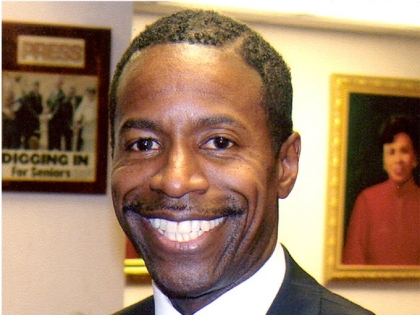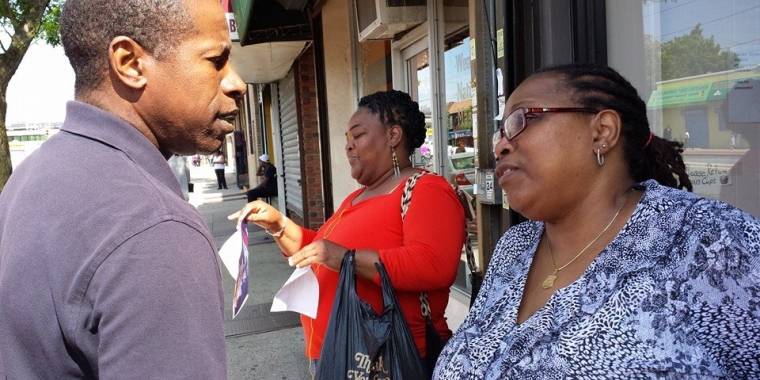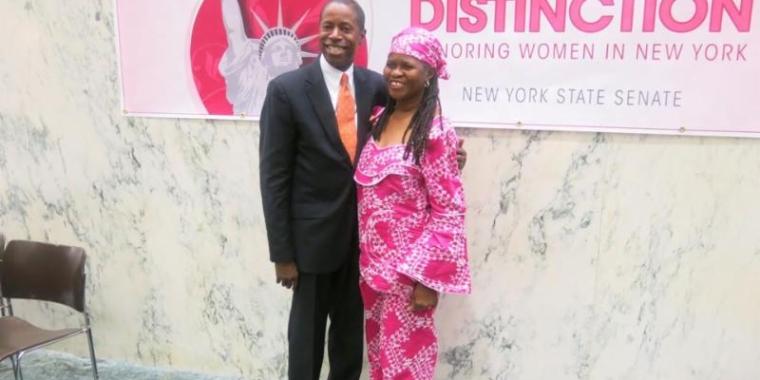
How CNY landed an electric car plant


How CNY landed an electric car plant
By Mark Weiner / The Post-Standard
October 23, 2009, 6:45AM
View full sizeThe Reva electric car
A deal that appears to have landed Central New York one of the nation’s first electric-car assembly plants revolves around William “Mickey” Harley III, a Long Island hedge fund operator who manages about $1.5 billion in assets.
Harley, founder, CEO and president of Fursa Alternative Strategies in Freeport, will be chairman of the electric-car startup Bannon Automotive, which wants to open a plant in Onondaga County.
Harley is expected to announce at 3 p.m. today in Syracuse that he has secured a North American licensing deal with Reva Electric Car Co., of India, and has assembled a team that includes former Big Three auto executives to run the local plant.
The plant, expected to be built at a location in Clay, would employ at least 250 people within three years, local officials said. The site was selected over others in Michigan and Kentucky.
Harley and his team have not responded to requests for interviews over the past week. But elected officials, who worked for almost a year to lure the company with up to $60 million in local, state and federal incentives, say they are relying on his reputation and track record.
“The one advantage they have had in this economic downturn is that a lot of good, high-level auto people have come out of Detroit to head up their organization,” said Assemblyman Al Stirpe, D-North Syracuse. “They picked up some good talent that has 20-plus years of experience.”
U.S. Sen. Charles Schumer, D-N.Y., who is trying to help Bannon secure $52 million in federal loans and loan guarantees, said he too is impressed with Harley and his team.
Schumer has known Harley for about 20 years, going back to when Harley worked for the CEO of Time Warner Cable in New York City.
“These are serious people who have done big deals before,” Schumer said in an interview. “This is clearly not a fly-by-night operation.”
Harley went on to manage a hedge fund for Mellon Financial Corp., which he later bought from Mellon in December 2006 and made a private company, Fursa Alternative Strategies LLC.
Fursa has jumped into the energy sector, and in December 2008 Fursa took a 19.9 percent interest in Xemplar Energy, a Canadian company exploring for uranium in Namibia, Africa. Harley was named president of its board of directors.
Harley only became interested in Central New York as a potential plant site when approached by state Senate President Malcolm Smith in November 2008 at a cocktail party in New York City.
“They were talking about Michigan or Kentucky,” Smith said. “I put a kibosh on that. I said, ‘We can show you how to move through the red tape.’”
In an interview Thursday, Smith said he is confident Bannon will live up to its promises.
Smith said Harley committed to create at least 100 jobs. If the company fails to produce those jobs, it will be required to pay back the money the state invests, plus interest, Smith said.
Bannon also will be required to submit quarterly financial reports to the Senate finance team for review.
While the prospect of the car company settling in Central New York was exciting, Senate officials said they were cautious.
In the past three years, four local deals that sounded promising in their early stages got axed because state officials worried that developers wouldn’t abide by their commitments.
Central New York also had to convince Harley and his team that Onondaga County was the ideal location for a new auto plant — one of only three electric car plants planned or operating in the United States.
The Bannon crew came to Syracuse in May to tour local sites but didn’t have enough time to meet with local leaders.
Onondaga County Executive Joanie Mahoney, along with staff from the Metropolitan Development Association, met with Harley and his associates in a Hancock Airport terminal as they waited for their flight back to New York City.
Mahoney offered the company a $150,000 technical services grant, a sales tax exemption and a payment-in-lieu-of-taxes agreement.
Deputy County Executive William Fisher also played a role in luring Bannon to the area. Fisher played lacrosse with Harley at Yale.
“Bill was able to make a phone call and put a face on Central New York for us,” Mahoney said.
State Sen. David Valesky, D-Oneida, said Bannon Automotive and its investors were attracted to Central New York because of its strong labor force, history of manufacturing, ties to universities and commitment to green technology.
“We were able to make a very compelling case in terms of Central New York really being a hub of green technology and green-collar jobs,” Valesky said. “I really believe they found a very comfortable fit here.”
“It was very, very stiff competition,” Valesky added. “I recall many conversations with Dennis Mullen, from Empire State Development Corp., with officials from the governor’s office. ‘We hear that Michigan is going to do this, Kentucky is ready to move.’”
Sources said Michigan officials put Bannon investors in touch with the governor in a matter of days. Kentucky offered them a free factory.
Even with an experienced team, Assembly Speaker Sheldon Silver, D-Manhattan, was wary of the proposal at first, according to Stirpe.
“The speaker did ask, ‘Who are these guys? Are they from Wall Street, or are they regular people?’ He wanted to make sure they didn’t want state and federal grants to simply flip the company, make a profit and go on to the next one,” Stirpe said.
As a result, Silver insisted on including contract language that would require Bannon to return $6.76 million worth of incentives to the state if it changes hands or moves.
The state’s package consists of a $3 million grant from Empire State Development and $3.76 million in wage and tax credits, most tied to the state’s Empire Zone program. The Senate is providing $4 million from its pot of borrowed discretionary money.
The federal aid package — $40 million in loans from the U.S. Department of Energy, and $12 million in loan guarantees from the U.S. Department of Agriculture Rural Development agency — has not been approved.
U.S. Rep. Dan Maffei said Thursday he is confident federal aid will come through, either through the loans or President Barack Obama’s federal stimulus package.
“Because this is such a good project, and the green technology agenda the president has, we’re optimistic we will find some financing,” Maffei said.
Staff writer Delen Goldberg contributed to this story. Washington correspondent Mark Weiner can be contacted at mweiner@syracuse.com or 571-970-3751.
© 2009 syracuse.com. All rights reserved.



